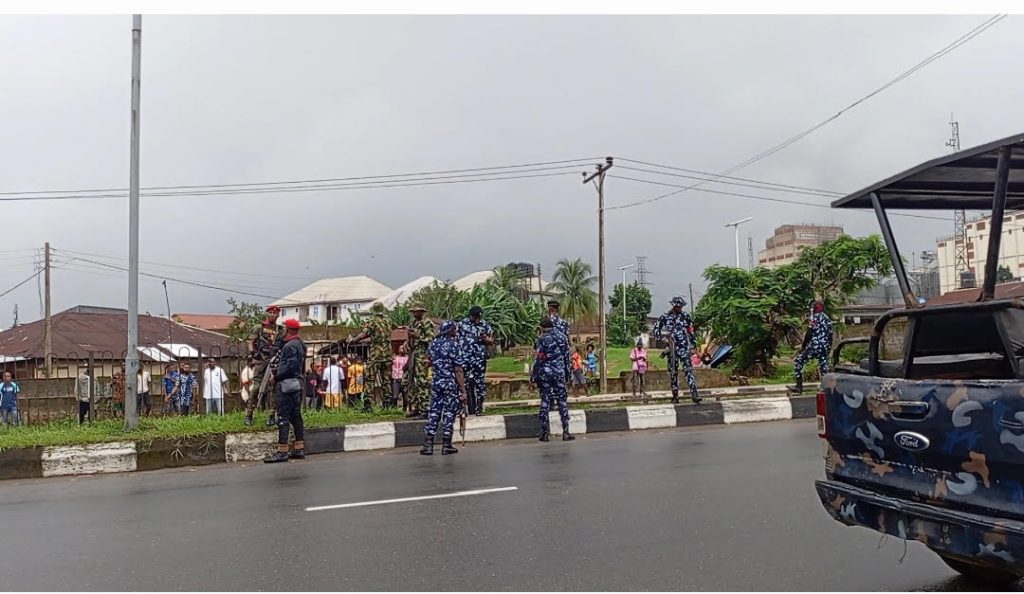
There is a growing worry among entrepreneurs about the potential impact of the upcoming August 1 protest on productivity, with fears of an estimated N400 billion loss to the economy.
Industry stakeholders are expressing concerns over the potential consequences of citizen demonstrations on both lives and properties, especially their businesses.
Segun Kuti-George, the National Vice President of the Nigerian Association of Small-Scale Industrialists, highlighted the lingering fear of arson from the previous EndSARS protests, recalling the near-loss of factories by business owners.
Referring to the planned demonstrations as the Hunger Protest, scheduled for August 1, 2024, there is a notable surge in social media activism, particularly on X (formerly Twitter).
In addition to appeals from the Nigerian political class for calm and warnings from security agencies against violence, business stakeholders are emphasizing the importance of peaceful protests.
Anticipating a decrease in foot traffic on the day of the protests, Kuti-George speculated that many Nigerians might opt to stay indoors, potentially leading to a slower business day with some employers considering remote work for their staff.
Economist Rotimi Oyelere pointed out the economic repercussions of protests on work stoppages, stressing the potential loss of output and income, especially for daily wage earners.
Addressing the need for transparency between the people and the state, Oyelere underscored the role of trust in averting social unrest and instability.
Analysis from the Center for the Promotion of Private Enterprise warned about the grave economic risks posed by the proposed nationwide protests, highlighting a potential daily loss of N400 billion if not properly managed.
Dr. Muda Yusuf, the CEO of CPPE, recommended limiting the protest duration to a single day, citing the propensity for prolonged protests to escalate into chaos and anarchy.
